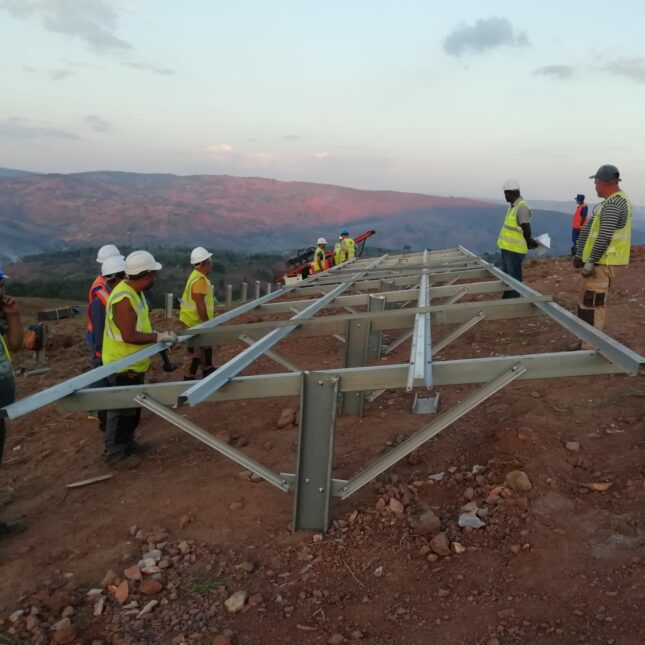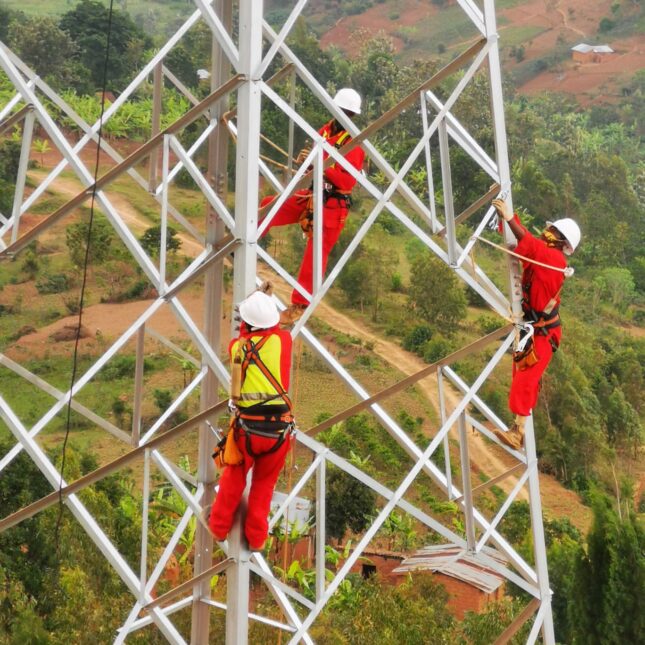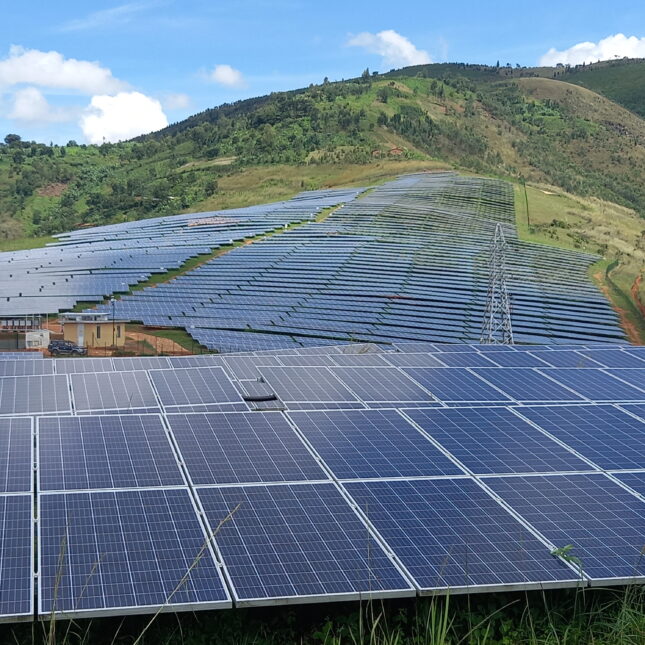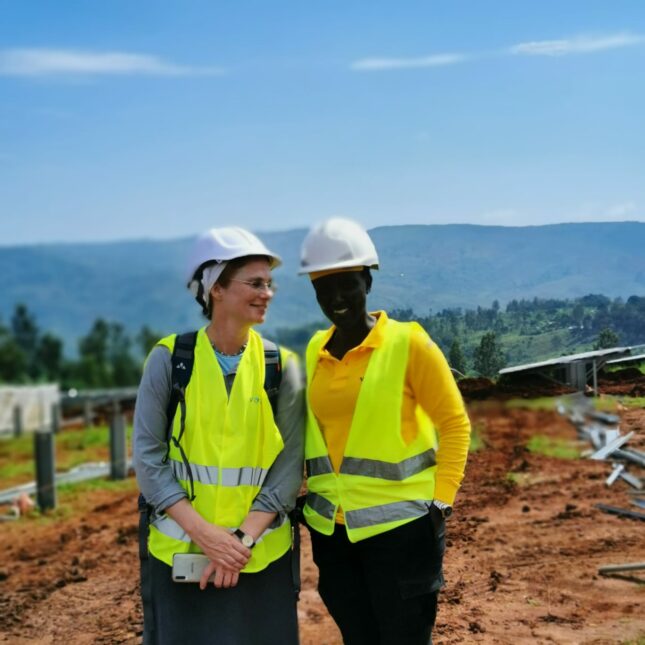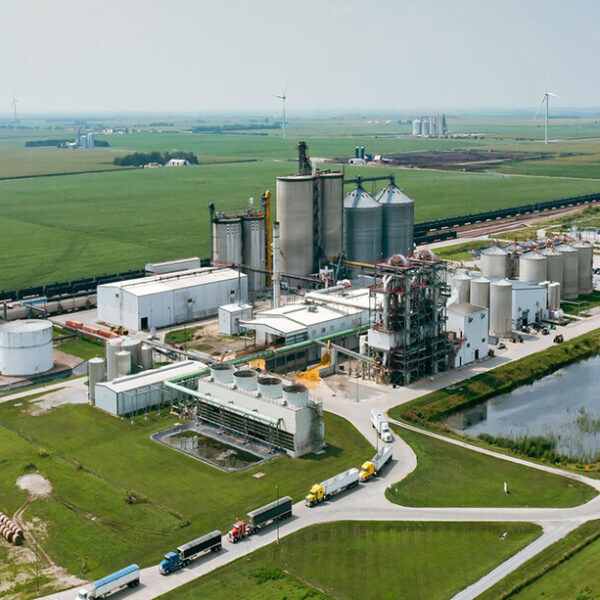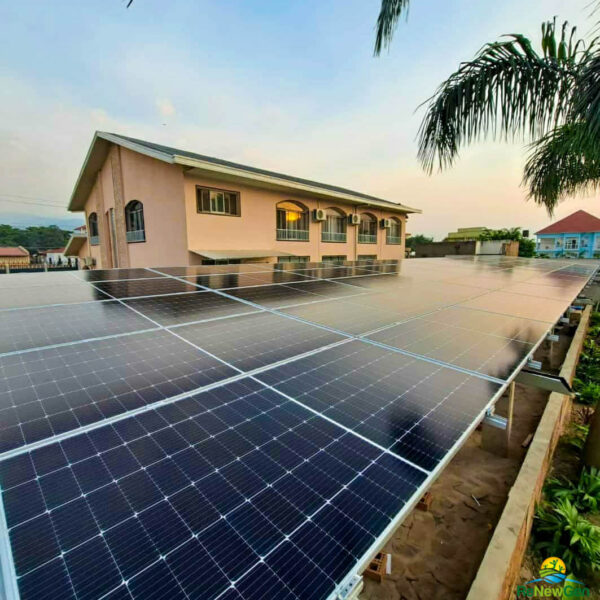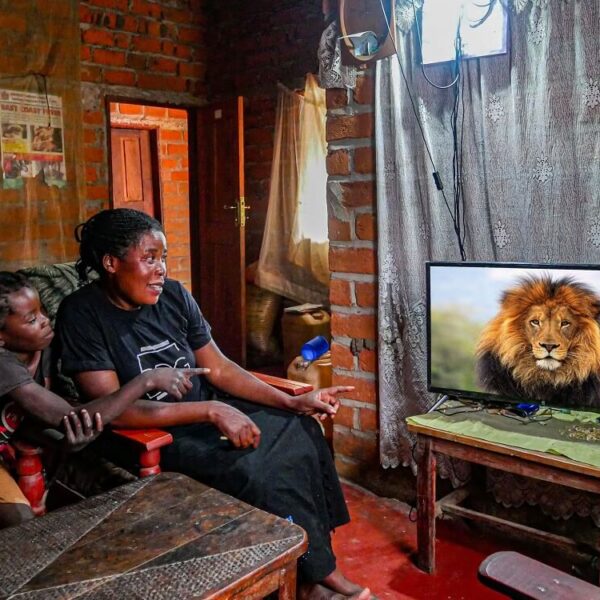Burundi’s first non-diesel IPP
Key figures
Expected results
Resources
Burundi’s first non-diesel IPP
About
It takes a global village to bring utility-scale green energy to where it is needed most, according to Yosef Abramowitz, CEO of Gigawatt Global. The renewable energy developer is working to achieve just that with a 7.5 MW solar field in Burundi, where 92% of the population do not have access to electricity.
The project is the first power plant to be built in the country in over 30 years. Located in the outskirts of Mubuga village, in the Eastern providence of Gitega, the installation will rely on more than 25,000 solar panels to supply clean power to over 87,000 people and businesses, increasing installed capacity in Burundi by almost 15%. The project has created 300 temporary jobs during construction and will support up to 50 permanent positions in its operational phase. For the women’s cooperative of the nearby village, the solar plant will also provide opportunities for productive use, with plans to switch the local flour mills from diesel to solar-powered motors. All of this will be achieved with a 25-year Power Purchase Agreement (PPA) that Gigawatt Global has secured with the Government of Burundi, making the project the country’s first non-diesel IPP.
Our support
As the first of its kind in Burundi, Gigawatt Global’s project faced several regulatory and financial challenges in attracting private and institutional investment. In 2016, it became one of the earliest projects to be supported by the GET.invest Finance Catalyst.
Initially, the support was focused on financial structuring, and included an in-depth analysis of all project and finance contracts. The Finance Catalyst advisors conducted an official audit of the financial model to ensure it corresponded to the requirements of financiers and other stakeholders involved in the transaction. This was achieved by mirroring Gigawatt Global’s financial model with an independent model over a period of four years. Also known as ‘shadow modelling’, this way of conducting a model audit allows to verify assumptions and outcomes of the existing financial model by rebuilding it in a second, independent model. For the company, the successful audit of the financial model was a vital step in the lengthy process of reaching financial close.
The Finance Catalyst advisors worked closely with partners of Gigawatt Global, in particular the UK’s Renewable Energy Performance Platform (REPP), which had been supporting the project with development capital since December 2016, and successfully facilitated a re-introduction of the project to the Belgian Investment Company for Developing countries (BIO).
The outcome
Together with many partners and supporters, including the GET.invest Finance Catalyst, the Gigawatt Global project in Burundi successfully achieved financial close in January 2020. With backing from REPP, Inspired Evolution, the US International Development Finance Cooperation (DFC) and the African Trade Insurance Agency (ATI), and in close collaboration with partners, the construction proceeded despite the Covid-19 pandemic and was completed successfully in April 2021.
Recently recognised as ‘project of the year’ by EEP Africa and the Nordic Development Fund (NDF), the pioneering endeavour undertaken by Gigawatt Global will build capacity and strengthen political buy-in for renewable energy projects in the country, thereby paving the way for other developers and foreign investors.
Disclaimer: This story was last updated July 2021.



